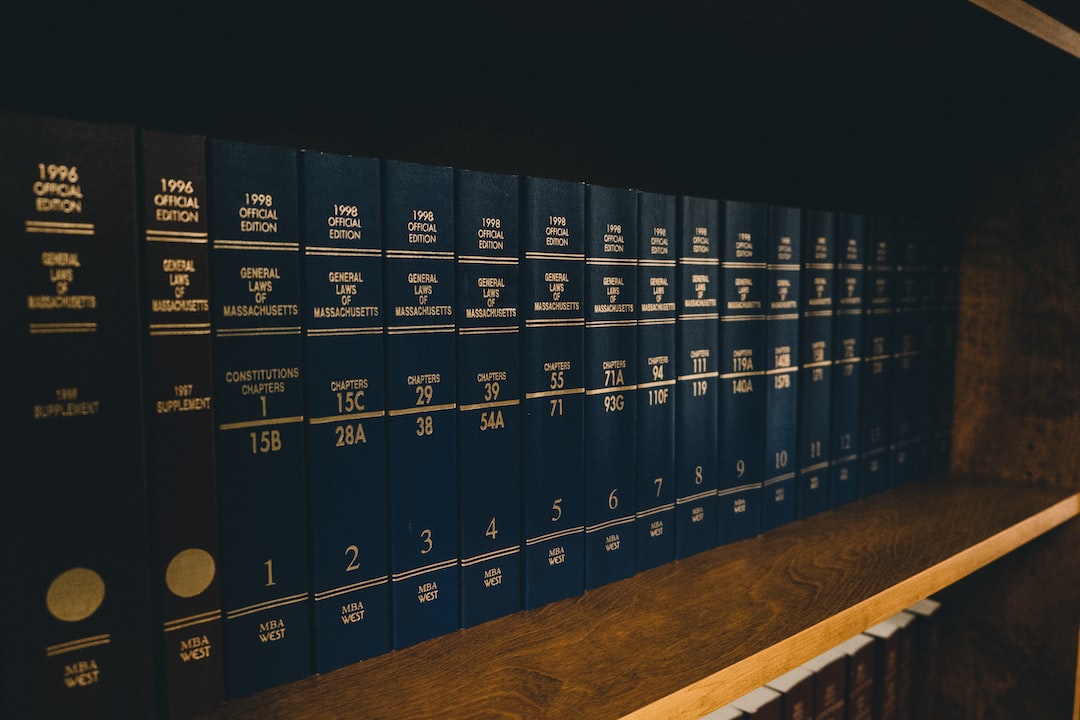Understanding the Legal Protection for Whistleblowers
Whistleblowers play a crucial role in exposing corruption and wrongdoing within organizations, both in the public and private sectors. However, coming forward with such information can be risky, as individuals often fear facing retaliation from their employers. In order to address this concern, many countries have implemented legal protections to safeguard the rights of whistleblowers. In this blog post, we will delve into the importance of legal protections for whistleblowers and shed light on how these measures work.
Firstly, it is essential to recognize the significance of whistleblowers in upholding transparency and integrity within organizations. Whistleblowers often possess insider information about misconduct, fraud, or illegal activities that could potentially harm the public interest. By having the courage to report these issues, they play a vital role in safeguarding societies and promoting ethical practices. Recognizing the value of their actions, many jurisdictions have enacted legislation to encourage individuals to speak up without fear of reprisal.
Legal protections for whistleblowers vary from one country to another, but they generally encompass several common features. These include protecting the whistleblower’s identity, safeguarding their employment, and providing them with legal remedies in case of retaliation. Confidentiality is pivotal to ensure a safe reporting environment, as it allows whistleblowers to come forward without the fear of being exposed. Additionally, some jurisdictions provide financial rewards or legal immunity to incentivize individuals to report misconduct.
The legal framework for whistleblowers also outlines the process for reporting allegations. The legislation typically requires organizations to establish clear reporting channels that applicants can utilize to disclose wrongdoing. This ensures that the whistleblowers’ claims are addressed promptly and efficiently, reducing the likelihood of further harm or cover-ups. Furthermore, the legislation may require organizations to conduct thorough investigations into the allegations, enabling the authorities to hold wrongdoers accountable.
One notable example of a country with robust whistleblower protection laws is the United States. The Whistleblower Protection Act of 1989 shields federal employees from retaliation for reporting misconduct within government agencies. Similarly, the Dodd-Frank Wall Street Reform and Consumer Protection Act provides protections for individuals who report violations within the financial sector. These laws not only safeguard whistleblowers, but they also serve as a deterrent against potential wrongdoing by making it clear that retaliatory actions will not be tolerated.
While legal protection for whistleblowers is crucial, it is important to note that the effectiveness of these measures depends on their enforcement. Authorities and organizations must actively promote and enforce this legislation to ensure that whistleblowers are adequately protected. Additionally, creating a supportive culture that encourages employees to report concerns is equally important, as it fosters an environment of integrity and transparency.
In conclusion, legal protection for whistleblowers is paramount in safeguarding individuals daring enough to uncover wrongdoing within organizations. These protections provide whistleblowers with essential safeguards against potential retaliation and encourage them to come forward with information that is vital to upholding transparency and ethical practices. By ensuring the enforcement of these measures, we can create a safer and more ethical environment for those who choose to stand up against corruption.
